When you have been working as an Agile trainer/coach for several years, the topic of Agile never really lets go. Not even during two sabbaticals in Uganda lasting several months. For David, three fundamental aspects make up the universal "philosophy of life":
- experimental, incremental and adaptive development
- respectful and participative collaboration with those affected
- hands-on, goal- and impact-oriented
Due to the acute shortage of so many things in rural western Uganda, improvising is a necessity of life. The contribution of agile is to counter this with a mindset of systematic experimentation and development. During his Scrum Day presentation, David Bilder gave us anecdotal evidence of how this approach is taught by the school organization.
- In the construction of school buildings & a bee hut
- Cycling and motorcycling for girls
- In the manufacture of prostheses
- For the drinking water supply and irrigation of the fields
- For the electricity and light supply
- etc.
In addition, several techniques that are well known for meetings and workshops could be used in school organization:
- Timeboxing for weekly and monthly meetings
- Ball-Point Game as a team-building event
- Retrospective formats as an impulse for reflection and continuous improvement
- Postcard from the Future for a vision workshop
In the coming months, the "Lean Impact" approach will be applied to explore the acceleration of further organizational scaling. This approach strongly advocates not being satisfied with linear growth of an aid organization. If evidence of the positive impact of interventions can be demonstrated, this allows for an increase in donor support. The first step is to improve the collection and evaluation of impact data.
"A chance for children": http://www.kinderneinechance.at/
"Lean Impact" approach: https://www.annmei.com/

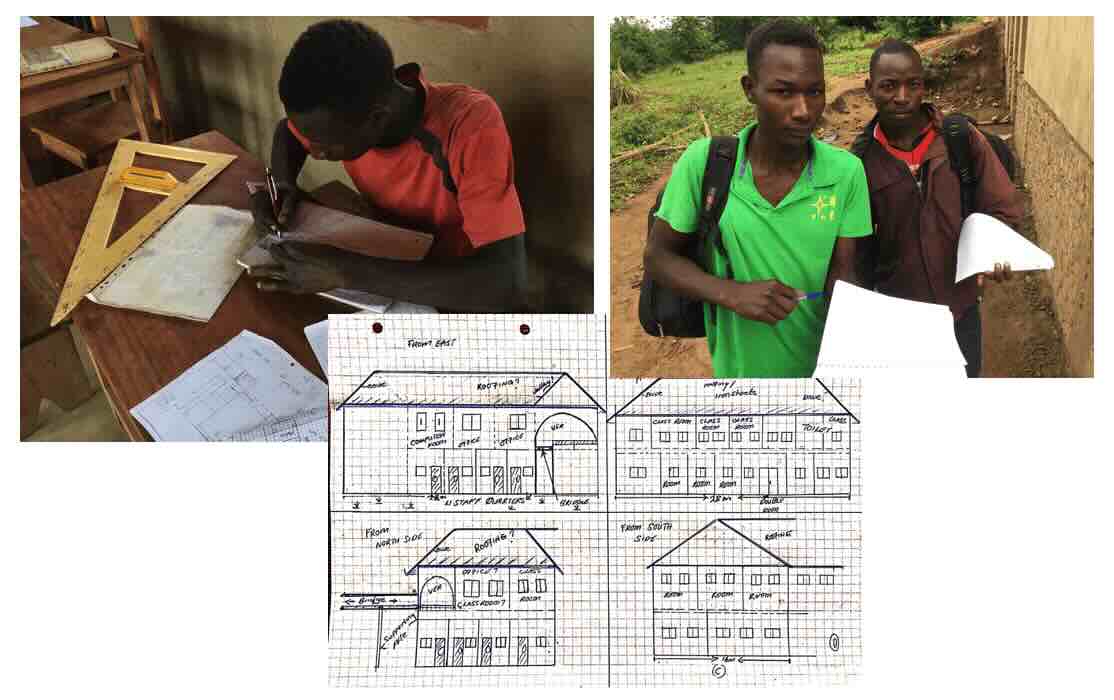
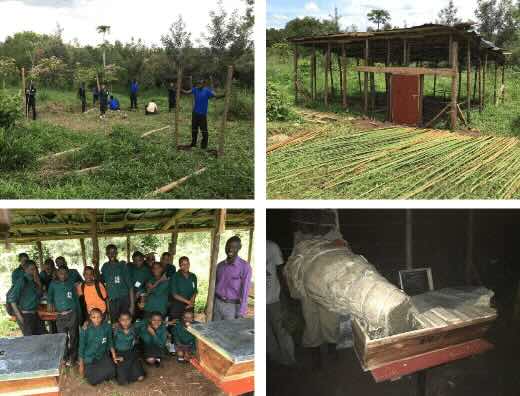
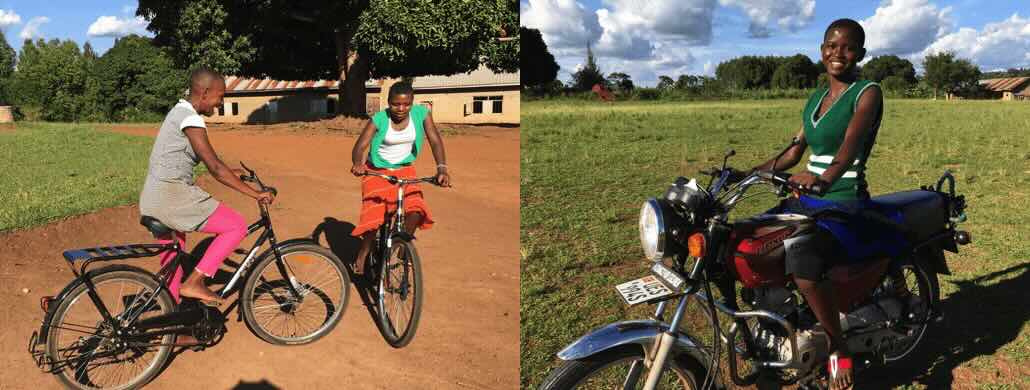
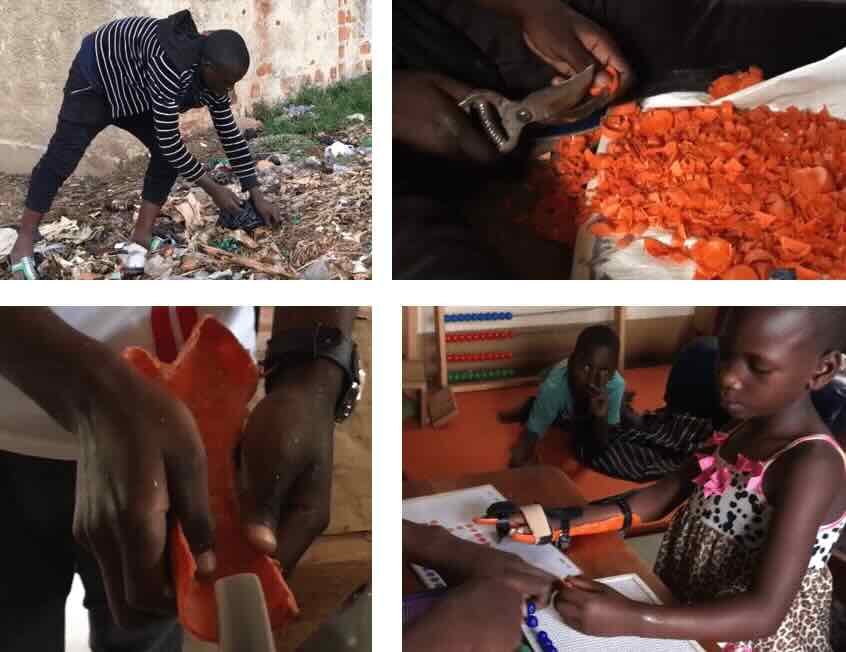
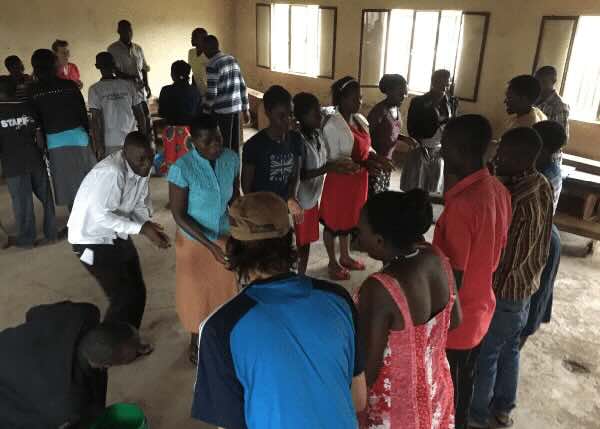
Write a comment